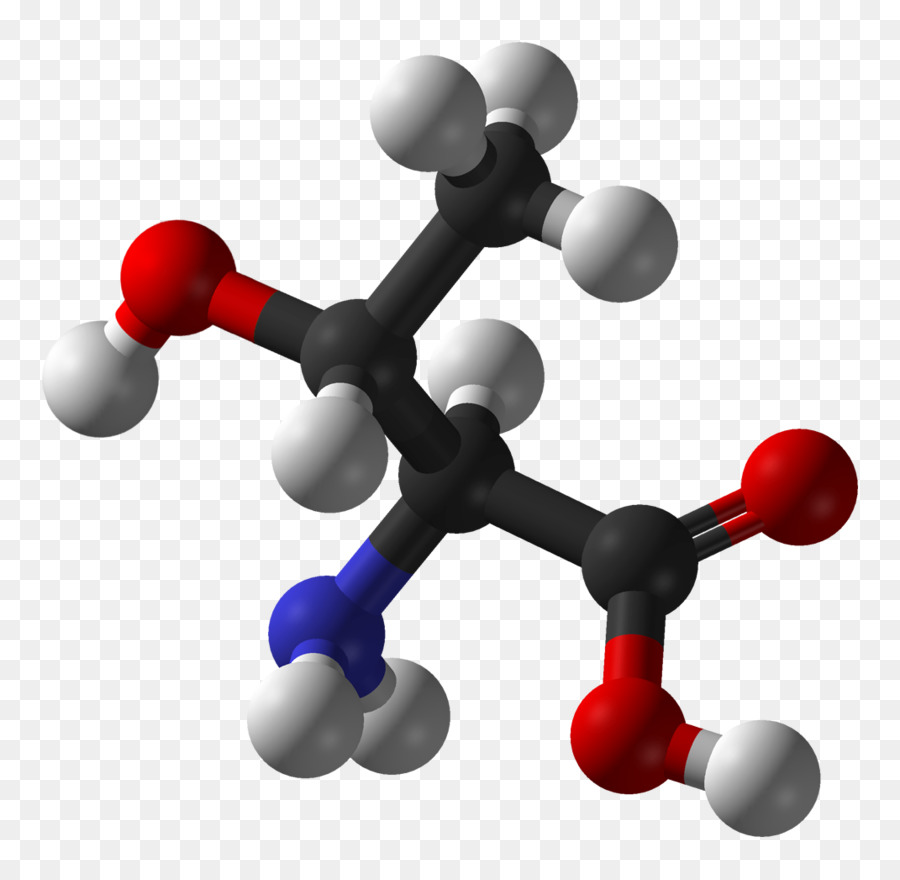The importance of eating enough protein: Why it's essential for your health and body composition
Protein is an essential nutrient that plays a crucial role in achieving optimal health and wellbeing.
 It is made up of amino acids, which are the building blocks of the body's tissues (especially muscle tissue), and organs. Without adequate protein in the diet, the body can't effectively repair and build new cells, which leads to muscle wasting, weakness, and many other health issues. In this article, we'll explore why getting the best kind of protein is so important and how to make sure you're eating enough of it.
It is made up of amino acids, which are the building blocks of the body's tissues (especially muscle tissue), and organs. Without adequate protein in the diet, the body can't effectively repair and build new cells, which leads to muscle wasting, weakness, and many other health issues. In this article, we'll explore why getting the best kind of protein is so important and how to make sure you're eating enough of it.
1. Building and repairing tissues
Protein is essential for the growth, repair, and maintenance of the body's cells and tissues. This includes muscles, bones, skin, hair, and nails, all of which rely on protein to grow and function properly. If you don't get enough protein, your body won't have the raw materials needed to build and repair tissues, and you definitely won’t be able to gain muscle density, size and strength.
2. Boosting immunity
Protein is also important for the functioning of a healthy immune system. The antibodies which help fight off infections are made from protein. So if you're not getting enough protein, your body may be more susceptible to illness and disease. Not to mention the fact that muscle tissue can also be a form of stored energy that we may be able to use to help support us in times of acute illness.
3. Hormone regulation:
Protein is involved in the production of hormones, which regulate many processes in the body, such as growth, metabolism, and maintenance. If you're not getting enough protein, your body may not produce enough hormones, which can lead to health problems such as insulin resistance and thyroid dysfunction.
4. Helping with weight management:
Protein is more satiating than carbohydrates or fat, so eating enough protein can help you feel fuller and reduce cravings. This makes it a very useful tool for controlling food intake and can help you avoid overeating.
5. Providing energy:
Although protein is not the body's main source of energy, it can provide a backup supply should it be necessary to tap into it (this often occurs during illness or injury recovery). This makes it especially important for athletes to maintain adequate intake of all food macros - carbs, fats, and protein – to reduce the likelihood of consuming their own muscle tissue to fuel their workouts and activity.
What kind of proteins are available in food?
While it is possible to obtain adequate protein intake from regular food sources, there can be times when we don’t have time to prepare or cook a full meal, or when activity levels spike (as with resistance/heavy weight training). At those times, a supplemental source of protein may be used to make up for any deficit.
Protein powders are often consumed for this reason. Available from many sources, both animal and vegetable, they can provide a little help when our normal protein sources aren’t an option, or when a quick boost is needed.
 While whey protein is probably the most common source for supplementation, other sources include:
While whey protein is probably the most common source for supplementation, other sources include:
- Bone broth
- Hemp
- Pea
- Lentil
- Rice
- Pumpkin
What kind of protein powder is best?
Note that not all of these sources will provide a “complete” protein, meaning a protein source that contains sufficient amounts of all nine essential amino acids. “Essential” means that the body cannot construct the particular amino acid on its own, and must obtain it from an outside source. For example, pea protein is low in methionine, whereas rice is high in methionine but low in lysine. While animal sources will offer an easier method for getting enough of all nine essential amino acids, combining various plant sources can achieve similar results.
For some information about the concept of "protein timing", check out this link.
Next week: "How much protein do I need?"
Protein is an essential nutrient that is crucial for good health and wellness, and most people don’t eat enough of it.
It helps with:
- Tissue repair
- Immune function
- Hormone function
- Weight control
- Energy levels
Share this article on your social media
Print
Published on January 31, 2023.


